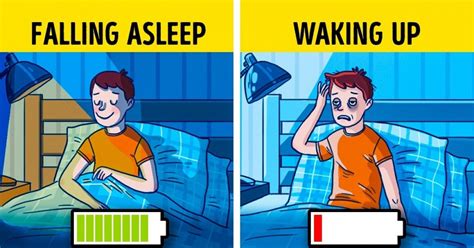Top recovery hacks to optimize gains & sustain peak performance?

The Crucial Role of Recovery in Peak Performance
Achieving peak physical performance and consistent gains isn’t solely about how hard you train; it’s equally, if not more, about how effectively you recover. Optimal recovery isn’t just about resting; it’s a multi-faceted approach that primes your body for growth, minimizes injury risk, and ensures you’re ready to tackle your next challenge with full force. Ignoring recovery is like building a skyscraper without a solid foundation – it’s bound to crumble. Let’s delve into the top recovery hacks that will not only optimize your gains but also sustain your peak performance for the long haul.

The Underrated Power of Sleep
Sleep is arguably the single most crucial recovery tool. During deep sleep, your body releases growth hormone, repairs muscle tissue, and consolidates memories (including motor skills learned during training). Aim for 7-9 hours of high-quality sleep nightly. Prioritize a consistent sleep schedule, create a dark, cool, and quiet environment, and limit screen time before bed to signal your body it’s time to wind down. Consistent, quality sleep will significantly impact your physical and mental readiness.
Fueling Your Recovery: Strategic Nutrition
What you eat post-workout and throughout the day significantly impacts your body’s ability to repair and rebuild. Focus on a balanced intake of macronutrients: protein for muscle repair (aim for 0.7-1.0 grams per pound of body weight), complex carbohydrates to replenish glycogen stores and fuel your next session, and healthy fats for hormonal balance and inflammation reduction. Don’t overlook micronutrients found in a wide variety of fruits and vegetables, which support overall bodily functions and immune health, both critical for sustained training.

Hydration: More Than Just Thirst Quenching
Adequate hydration is critical for nearly every physiological process, including nutrient transport, waste removal, joint lubrication, and maintaining proper electrolyte balance. Dehydration, even mild, can impair performance, slow recovery, and increase fatigue, making you feel sluggish and less capable. Aim to drink plenty of water throughout the day, especially before, during, and after workouts. Electrolyte-rich beverages can also be beneficial during intense or prolonged training sessions to replenish lost minerals.
Active Recovery & Mobility: Keep Moving to Heal
While complete rest has its place, active recovery involves low-intensity activities that promote blood flow without adding significant stress. Think light cardio like walking, swimming, or cycling. This helps flush out metabolic waste (like lactic acid) and deliver fresh nutrients and oxygen to tired muscles. Complement this with mobility work – foam rolling, dynamic stretching, and static stretching – to improve flexibility, reduce muscle soreness, correct muscular imbalances, and prevent injuries that could sideline your progress.

Stress Management: The Mental Component
Chronic stress, whether physical from overtraining or mental from daily life, elevates cortisol levels. High cortisol can hinder muscle growth, increase fat storage, suppress the immune system, and negatively impact sleep quality. Incorporate stress-reduction techniques into your daily routine, such as mindfulness meditation, deep breathing exercises, spending time in nature, or engaging in hobbies you enjoy. A calm and well-managed mind directly supports a resilient and high-performing body.

Smart Supplementation (When Necessary)
While whole foods should always be the priority, certain supplements can effectively support your recovery process and bridge nutritional gaps. Whey protein or plant-based protein powders can help meet daily protein targets for muscle repair. Creatine aids in ATP regeneration and muscle strength. BCAAs (Branched-Chain Amino Acids) may reduce muscle soreness, and magnesium can assist with muscle relaxation and sleep quality. Always consult with a healthcare professional or registered dietitian before starting any supplement regimen to ensure it aligns with your individual needs and goals.

Conclusion: Make Recovery Your Priority
Optimizing your recovery is not a luxury; it’s a fundamental pillar of sustained peak performance and long-term athletic success. By consciously integrating these recovery hacks – prioritizing sleep, fueling wisely, staying hydrated, engaging in active recovery, managing stress, and using supplements intelligently – you’re not just resting; you’re actively building a stronger, more resilient, and higher-performing version of yourself. Make recovery as integral to your routine as your workouts, and watch your gains soar to new heights, allowing you to sustain peak performance for years to come.









